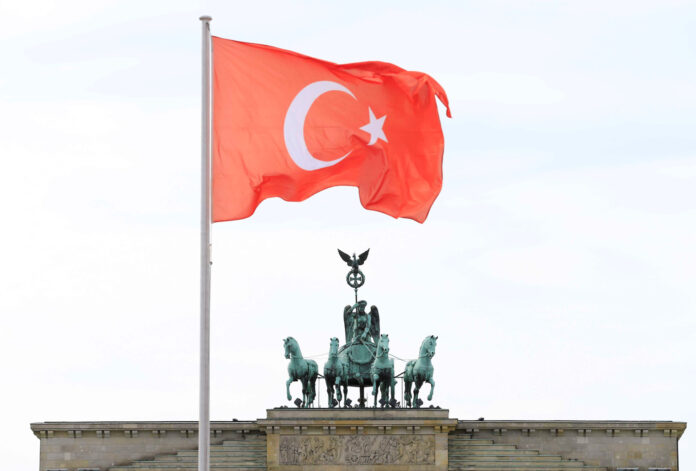Authors: Gokay Özerim, Selcen Öner
Affiliation: Yaşar Unıversıtesı, Izmir
Organization/Publisher: IMISCOE Research Series/Springer, Cham
Date/Place: June 3, 2020/ Switzerland
Type of Literature: Report
Number of Pages: 15
Link:https://link.springer.com/chapter/10.1007/978-3-030-41694-2_5
Keywords: Turkey, European Union, Immigration, Populism
Brief:
Turkey adopted a Western-oriented foreign policy since its inception as a Republic in 1923. The Republic founder Mustafa Kamal Ataturk declared Western civilization as “the civilization,” that Turkey had to therefore align itself and enhance its Europeanness to achieve respective status. Turkey applied to the European Economic Community in 1959, Ankara signed the Association Agreement with the EU in 1963, and applied for full EU membership in 1987. The initiatives from the Turkish side and the EU’s responses have been evaluated by scholarships from both sides. Some accuse Turkey’s inability due to its peripheral territorial conflicts, the Kurdish opposition movement, and claims of human rights issues. On the other hand, the EU is also criticized for complicating the accession negotiations as Turkey tries to fulfill the Copenhagen criteria. The Post-2002 era has experienced development from both sides as accession negotiations started in 2005 between the EU and Turkey, but the eleven-year-prolonged-process was frozen in 2016. This chapter analyzes the emerging EU-Turkey relations on three parameters: the BREXIT referendum process in EU, Austrian domestic politics in the aftermath of the refugee crisis, and rise of Alternative für Deutschland (AFD). This chapter also describes the otherization of Turkic culture in the EU as a barrier against its accession. Moreover, the racial discrimination faced by Turkish minority groups in the EU, on both social and institutional level, reflects the biased approach of Brussels. The chapter concludes that rising populism in Germany and Austria and otherization of minority communities, specifically Turkish, have a long-lasting impact on the future of EU-Turkey relations because these racist campaigns can attract pro-Turkey States in the EU to permanently annul accession negotiations.
By: Muhammad Taimoor Bin Tanveer, CIGA Research Associate




